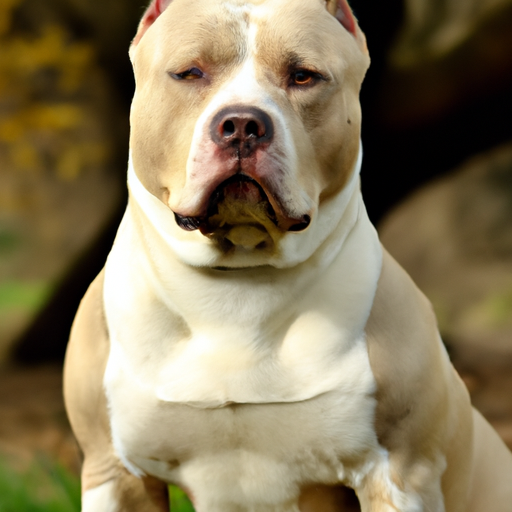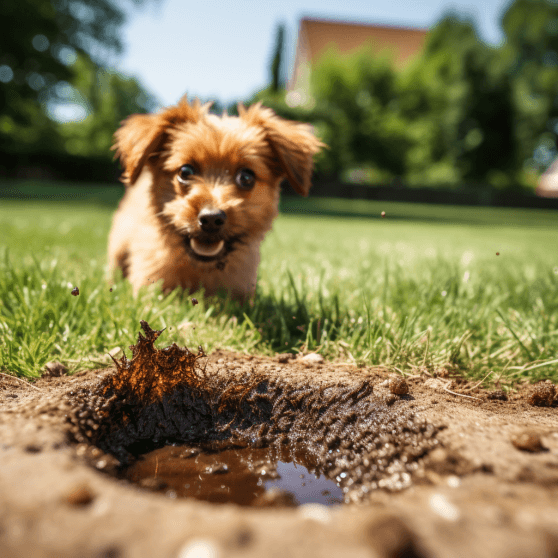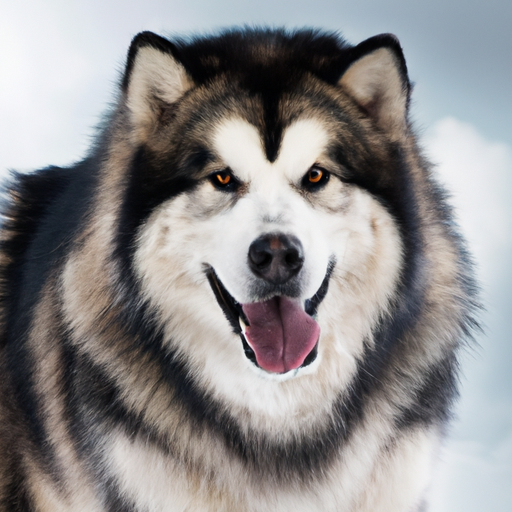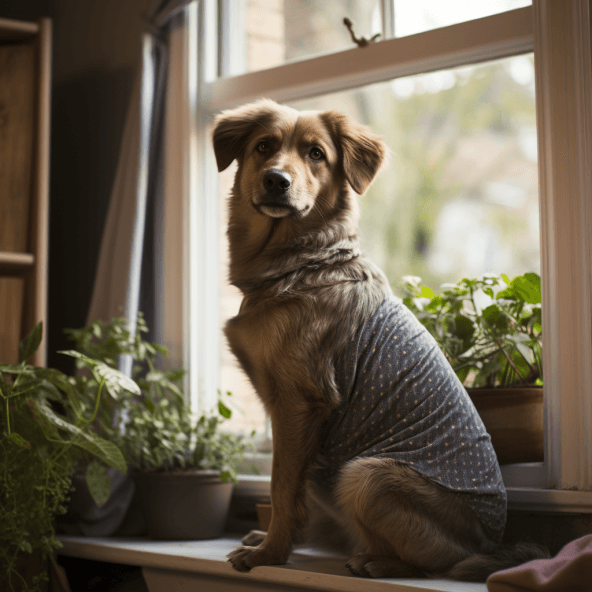Why Do Dogs Eat Cat Poop
Can you recall that disconcerting moment when you caught your beloved canine companion munching on cat poop? You might have been aghast, wondering why your normally well-behaved pet would engage in such a revolting act. “Why Do Dogs Eat Cat Poop” is an article that attempts to shed some light on this puzzling behavior frequently exhibited by dogs. By scrutinizing the science behind their dietary preferences and exploring the evolutionary traits that influence their tastes, this revealing paper will provide insights that help you better understand your furry friend’s peculiar dietary choices.
Understanding Coprophagia in Dogs
Coprophagia—quite an unfamiliar term, isn’t it? It might seem strange, but this is a common behaviour that you might observe in your pets, especially dogs.
Definition of Coprophagia
So, what is coprophagia? Coprophagia is the scientific term for the act of consuming feces. While it might turn our stomachs, animals have different instincts and behaviors that sometimes align with this seemingly gross habit.
Common Instances of Coprophagia in Animals
While dogs are known for this behavior, they’re not the only animals that engage in coprophagia. Other animals like rabbits and rodents also eat their droppings. This act is usually a part of their normal diet, allowing them to extract extra nutrients, vitamins, and minerals that they might have missed during the first round of digestion.
Understanding Dog’s Natural Instincts
For dogs, coprophagia is a natural instinct, inherited from their wolf ancestors. Mother wolves often eat their pups’ feces to keep the den clean and to prevent the scent from attracting predators. So if you see your dog eating poop, remember that it’s a part of their instinctual behavior; although undesirable, it’s not as unusual as you might think.
Biological Reasons Why Dogs Eat Cat Poop
Yes, dogs are man’s best friends and have long been domesticated, but they still harbor some of their wild tendencies, one of which includes eating cat poop, or as veterinary professionals term it— coprophagia.
Digestive Enzymes Present in Cat Poop
Your dog isn’t just eating cat poop to annoy you; it’s more about what’s in the poop. Cats, being obligate carnivores, pass a lot of protein in their feces, which dogs find irresistible due to their robust sense of smell.
Dogs Nutritional Requirement
Ideally, a dog’s diet should be balanced and full of nutrients; however, if your dog lacks essential nutrients or is not well-fed, they might resort to eating cat poop to supplement their diet and meet their nutritional needs.
Retaining Predatory Instincts
Furthermore, dogs, like their wolf ancestors, are scavengers and opportunistic feeders. If they come across cat poop, their predatory instincts might kick in, leading them to eat it but remember, this doesn’t mean you should let them!
Behavioral Reasons for Dogs Eating Cat Poop
A dog’s behavior can also influence their desire to eat cat poop.
Attention-Seeking Behaviour
Sometimes, dogs eat cat poop as a way of seeking attention. Noticing that this unusual behavior gets them an instant reaction, they might continue doing so, reveling in the ensuing drama!
Aggression and Dominance Behaviors
Moreover, eating feces can be linked to aggression, dominance, and territorial behaviors. If a dog perceives the presence of other animals as a threat, eating their feces can be a way of establishing dominance and territory.
Curiosity and Exploration in Dogs
Another key driver can be plain curiosity. Dogs explore the world through their mouths, much like human toddlers, and might come across cat poop in their exploration.
Unclean Environment and Possibility of Dogs Eating Cat Poop
One underestimated factor that significantly influences this behavior is the environment the dog lives in.
Role of the Pet’s Living Conditions
A lack of cleanliness and laziness in scooping up after your cat can be an open invitation to your dog. Given their exploratory nature, they will create their own adventures.
Hygiene and Eating Habits
Moreover, if dogs are constantly left with dirty food bowls or stale food, they might turn to other sources for fulfilling their dietary requirements, which could sadly end up being cat poop!
Impact of Habit and Routine
A dog’s routine and habits significantly contribute to whether or not they’ll engage in coprophagia.
Relevance of Habitual Foraging
Remember how we said dogs have retained some of their wild instincts, one of those includes foraging and scavenging. If they get into the routine of finding cat poop, they might resort to it as a source of food.
Connection with their Wild Ancestry
Dogs are descendants of wolves, which are scavengers. Coprophagia is accepted behavior in the wild, as it can sometimes be a much-needed source of food.
Health Risks Associated With Dogs Eating Cat Poop
While you might now understand the possible reasons behind your dog’s interest in cat poop, it’s also essential to know the health risks associated with it.
Potential Parasites
Cat poop could contain various parasites like Toxoplasma gondii and Giardia that can infect your dog and cause several health problems.
Risk of Bacterial Infections
Consuming feces puts your dog at risk of bacterial infections as it’s a breeding ground for various bacteria, such as E.coli and salmonella.
Digestive Complications
Furthermore, regularly consuming feces can lead to digestive complications. Imagine eating spoiled food— that’s how your dog’s tummy might feel!
Steps to Prevent Dogs from Eating Cat Poop
Now that you’re aware of the reasons and risks, let’s focus on prevention. Taking a few steps can help reduce or even eliminate this undesired behavior.
Professional Training Methods
Enlisting the help of a professional dog trainer can be beneficial. They can help establish commands and behaviors to prevent your dog from eating cat poop.
Establishment of Healthy Eating Habits
Establishing healthy eating habits is also crucial. Make sure your dog is well-fed and receiving all the necessary nutrients from their diet.
Keeping the Environment Clean
Regularly cleaning up after your cat can also help significantly. If the source is not there, the dog won’t be able to eat it!
Role of Veterinary Intervention and Medical Treatments
Sometimes, despite your best efforts, you might need to seek medical help.
When to Seek Veterinary Help
If your dog’s poop-eating behavior is accompanied by weight loss, frequent vomiting, diarrhea, or general lethargy, it’s best to seek veterinary help right away. This might be a sign of an underlying heath condition.
Possible Medical Treatments
Possible medical treatments might include deworming medications, antibiotics for bacterial infections, or specific diets to address nutritional deficiencies.
Probiotics for Dogs
In some cases, vets might recommend probiotics to aid your dog’s digestion and discourage them from eating feces.
Effect of Dogs Eating Cat Poop on Inter-animal Relationship
While this habit could complicate your relationship with your dog, it could also affect the dynamics between your pets.
Stress in a Multi-pet Household
In multi-pet households, this could create friction and stress among pets. Eating another pet’s poop could be seen as an act of dominance by other pets.
Altering Dynamics Between Dogs and Cats
Moreover, it could also change the dynamic between your dog and your cat, who might feel troubled or stressed by this behavior.
Effects on Human Health and Safety
Lastly, this habit is not only bad for your dog but can also be dangerous for you and your family.
Diseases Transmittable to Humans
Parasites and bacteria in cat poop, if consumed by dogs, could be passed on to humans, potentially causing illnesses.
Maintaining a Safe Environment for Kids and Adults
Ensuring that your environment is clean and minimizing this behavior in your dog is essential to maintain a safe environment for kids and adults alike.
To sum it up, remember that poop-eating, while gross, can be a result of many factors— biological, behavioral, and environmental. If your dog engages in this behavior, it’s best to address the underlying issues and seek professional help if needed. Most importantly, remember to keep a clean environment, regularly clean up after your cat, and love your dog even when they’re being gross— after all, they’re only following their instincts.





